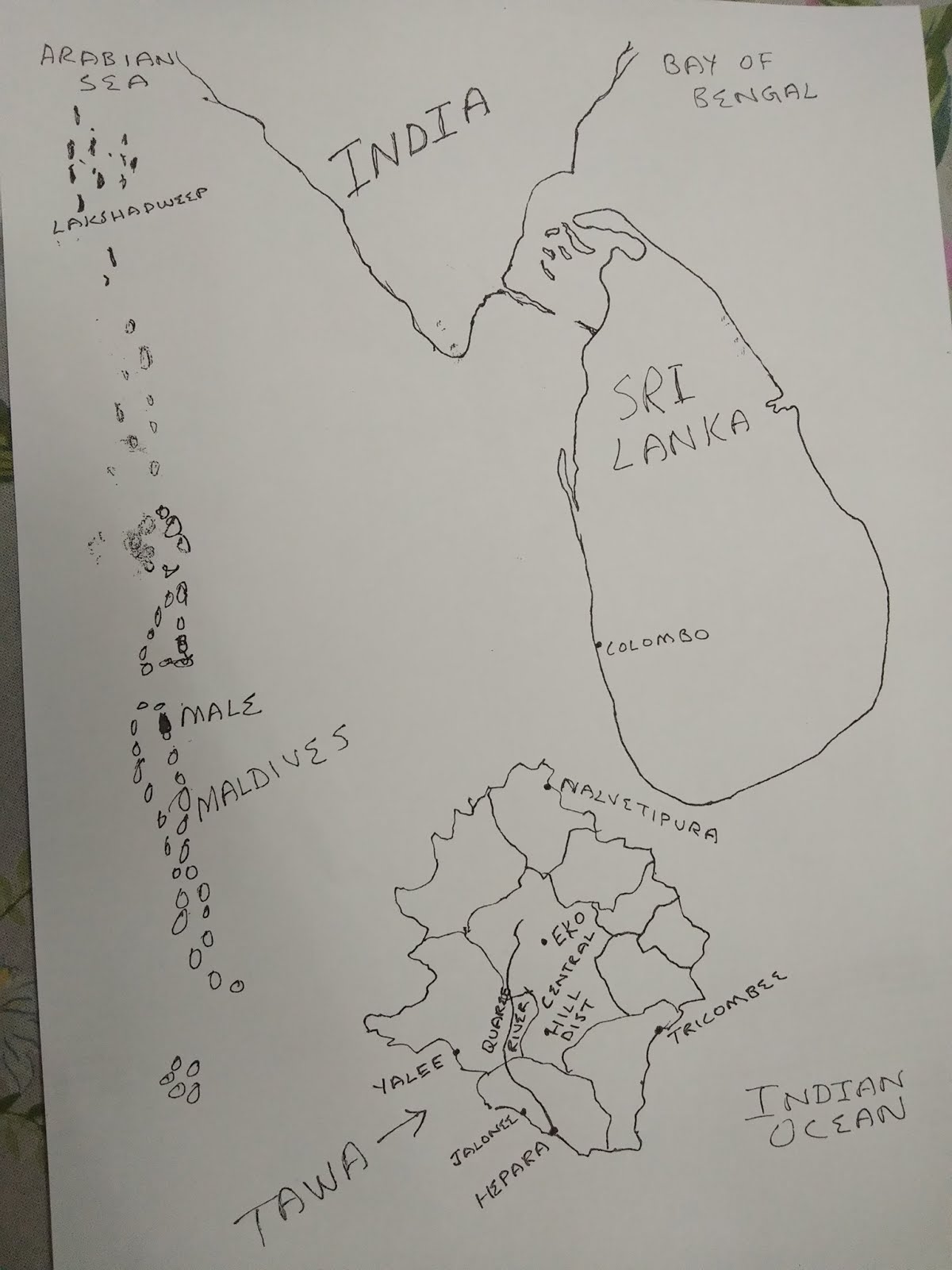
I recently happened to read Aamer Hussein’s Insomnia, a collection of seven fine short stories, which came into print in 2007. I had heard of and read Hussein before since he reviews books for the Independent, but hadn’t read any of his books till now.
The best thing about the stories in Insomnia is that they are so beautifully and delicately crafted, without a single wasted word. Hussein comes across more as a calligrapher than just a writer. The first story, ‘Nine Postcards from Sanlucar de Barrameda’ gives a foretaste of what’s to come. Each ‘postcard’ is a snippet of life as a Pakistani man visits Sanlucar with a special friend. ‘Do you still feel Pakistani?’ the narrator is asked. ‘I do, when I feel anything at all.’ A little later when Muslims’ loyalty to their adopted countries is questioned, the narrator says, ‘I guess I am a Muslim in Europe too. And foreign wherever I go.’
I finished ‘Nine Postcards from Sanlucar de Barrameda’ in no time and moved on to other stories. However, I was forced to return and read it again because the fleeting images created were still floating around in my mind and I had to confirm if they were real.
The Crane Girl has a number of foreign teenagers, children of expats, playing teen games in the posh West-end in London. It took a bit of time for me to realise that Hussein has set this story in the 1970s. Murad is the protagonist and he strikes up a friendship with Tsuru, a Japanese girl of fragile and unusual beauty with ivory skin. But Tsuru soon goes away and Murad misses her so much that missing Tsuru becomes a habit and Murad stops noticing how much he still did miss her. When Tsuru is away, Murad and Shiego become friends. Shiego is a bit older than Murad and he has a lot more money, which he splashes on Murad. It becomes a bit too obvious for the reader to find out what the girlish Shiego has in mind, but then Tsuru returns unexpectedly. The ending is not conclusive, but this is a great story and I’ll leave it to you to read and find out for yourself.
Hussein seems to have special admiration for authors who write only in Urdu and who fight the ‘system’. Does this arise out of any guilt which Hussein feels in being a Pakistani writer based in London, when there is so much action taking place back home and so many battles being fought on a daily basis? Armaan in Hibiscus Days is one of those writers whose writings (in Urdu) can cause workers to riot on the streets. But Armaan also has a drinking problem and beats his wife Aliza before they break up. Armaan may be a brutal man, but Hussein handles him very gently. Rafi Durrani and Saadia from The Angelic Disposition appear to be much more saintly. They are also very different from Armaan. Rafi Durrani likes to read Wodehouse and ends up flying for the Royal Airforce in the Second World War. Saadia finds reading in English to a be a chore, even if it is book gifted by Rafi.
I liked The Angelic Disposition best, mainly because of the way Saadia maintains a close friendship with Rafi Durrani, whom she has met just seven or nine times. The friendship is nurtured through correspondence and both parties remain loyal to their spouses. Saadia didn’t marry her husband for love, he is much older than her and theirs seems to be a platonic relationship, though Saadia does conceive once. The story starts from pre-partition times to the late seventies and Hussein keeps one guessing till the end.
Murad from The Crane Girl fame makes two more appearances, in The Book of Maryam and Insomnia. The Book of Maryam is short and sweet and has poetess Tahira, chaperoned by Murad make a cameo appearance in London. There are vague references to a dictator, but one is left guessing as to the period when this story is set. In Insomnia, which has lent its name to this collection, Murad has a special friendship with Sri Kunti, a poetess from Java. Though there is a lot of similarity with Tsuru and The Crane Girl, Sri Kunti and Insomnia are none the less very different in that, the teenage angst which characterises The Crane Girl isn’t there.
The Lark, set in the years during which the Second World War raged, tells the simple tale of a young man going home after a long absence. He likes those he will leave behind, and he will miss them greatly, just as they will miss him. Nevertheless, he is happy to be going home. As usually, this slip of a story leaves behind many flavours for the reader to swirl around and enjoy.
After Insomnia, Hussein has published a novella ‘Another Gulmohar Tree’





